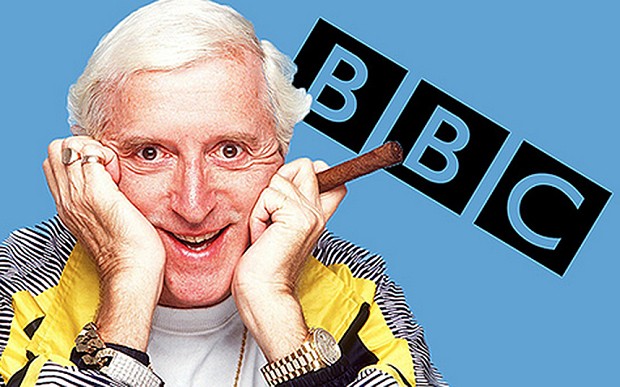
October 2008 At the Quality American TV conference in Dublin back in 2004 Maire Messenger Davies highlighted a key problem in studying television: namely, the question of availability. She mentioned NBC’s critically acclaimed series I’ll Fly Away (1991-93), which lived on in memory but not in any tangible form like DVD or video.




